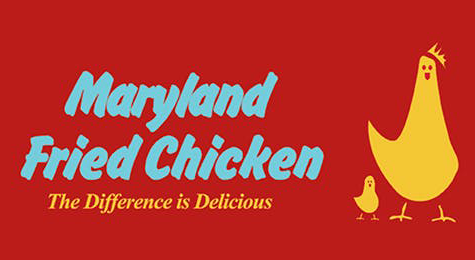About
Since the days of Mary Randolph, perhaps no one has done more to make “Maryland fried chicken” a familiar term than Albert Constantine, actually a native of nearby Wilmington, Del. After moving to Florida in 1959, Constantine, then 39, decided to become a restaurateur. With only “$2,500 and good credit,” he bought a place in the Orlando area, dubbed it Constantine’s, and served a traditional full menu.
Two years later, another newcomer appeared on the local dining scene–an honorary Kentucky colonel named Harland Sanders. “He had a line outside his store every day and all day Sunday,” Constantine complains. “I figured I could do business like that too.”
But first, he had to come up with a counter to the colonel’s meal ticket. Constantine had a “broaster,” a pressure-fryer for chicken, and he decided to put it to use. He experimented with thousands of combinations of ingredients; eventually, he came up with a breading that he says incorporated 21 herbs and spices. Then he pressure-fried the chicken in pure peanut oil.
“It wasn’t greasy at all,” Constantine contends. “It was the best chicken in the world.”
Now ready to engage the colonel fowl for fowl, Constantine had a stroke of marketing genius. A few years earlier, Maryland-based aerospace giant Glenn L. Martin Co. (now Lockheed Martin Corp.) opened an Orlando plant, which brought a wave of Baltimoreans to town. Eager to exploit the Mobtowners’ likely need for “a taste of home,” Constantine went for the jugular: “I called my place Maryland Fried Chicken and put up a 35-foot sign. From day one, people snapped it up.”
He went on to establish a chain of MFCs that earned him millions before he finally sold the franchise operation in 1975. Retired since then, he says he spends his time “dancing with pretty ladies” and traveling. Meanwhile, MFC eateries still thrive in a host of states, although not their namesake; the nearest outposts are in Bethlehem and Easton, Pa. But they still get most of their birds from Delmarva producers–and, Constantine says, still traffic in the nostalgic ideal of family farms and picnics in the sun.
“I hear it’s a good way of life,” he says. “I guess for a lot of people, the chicken represents that.”
